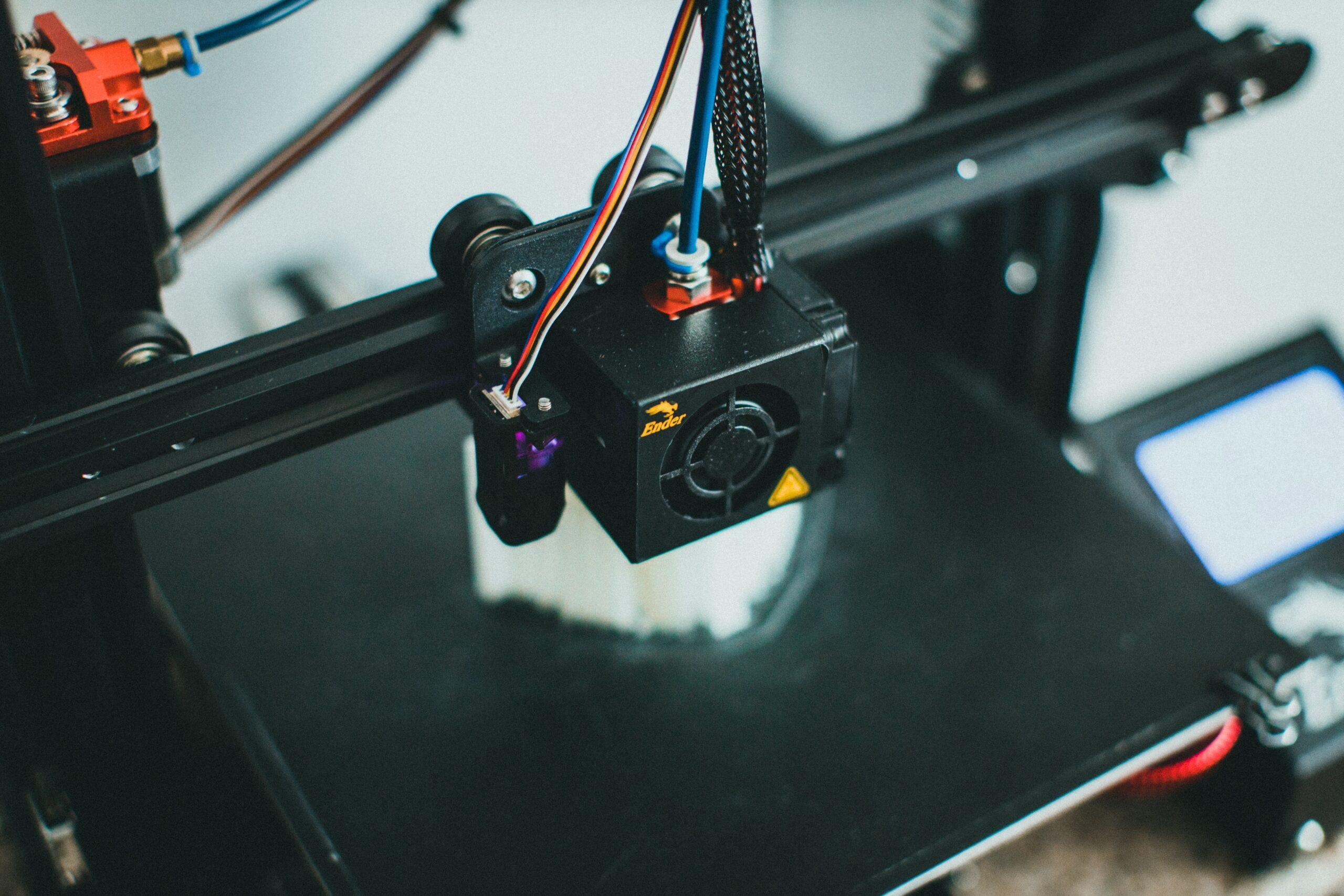
Is It Legal to 3D Print a Gun in Virginia?

Although the Code of Virginia is relatively clear regarding restrictions on state residents purchasing, selling, and possessing traditionally manufactured firearms, the law is much less specific about guns created with a 3D printer. Federal law has also not taken a particularly strong position on this recent development in firearm manufacturing. However, this might change in the coming years as national legislators gain a further understanding of how this process works.
Unfortunately, this all means that the most succinctly accurate answer to the question, “Is it legal to 3D print a gun in Virginia?” is that it is complicated. While speaking with a knowledgeable gun attorney is always the best course of action if you want to get reliable information about your rights, here is a basic overview of where the law stands at the moment and where it might go in the future.
How Federal and State Laws Treat 3D-Printed Guns
Anyone who intends to manufacture and sell a firearm in the United States is required by federal law to register the gun in question with local authorities and obtain a unique serial number. Other prerequisite conditions apply, including not being a registered felon. However, federal law does not expressly prohibit people from making firearms for their personal possession and use, including guns made of one or more components that have been 3D printed. This is not the case for certain other states, including California, which requires the usual restrictions on gun ownership and sales, whether made for personal use or not.
At a glance, it might seem like Virginia prohibits people from owning 3D-printed firearms at all. Code of Virginia § 18.2-308.5 prohibits manufacturing, selling, importing, transferring, or possessing any “plastic firearm.” The statute defines this as a firearm containing less than 3.7 ounces of “electromagnetically detectable metal” in specific components like the barrel or receiver.
Technically, this statute does not make 3D-printed “ghost guns” illegal in all forms, just guns that are primarily made of plastic in such a way that they would not show up as identifiable firearms in an airport metal detector or scanner. By the letter of the existing law, it is legal to 3D print just the lower receiver of a firearm and assemble the rest of the gun from standard components that do not have any background check or serial number requirements attached to them.
What Changes Might Be Coming to 3D-Printed Gun Laws?
It has not been possible to make functional firearms out of 3D-printed materials for long, so federal and state laws are lagging behind this technological advancement. However, there have been many efforts around the country to address these “ghost guns” specifically, including some in the Virginia General Assembly. Federal authorities in the State Department have also tried to crack down on people sharing blueprints for 3D-printed firearms and individual firearm components.
While it is currently legal to 3D print a gun in Virginia as long as the finished product has a sufficient amount of metal in it, it is likely that state law will impose the same rules on these firearms as it does on traditionally manufactured ones.
Contact an Attorney to Learn More About the Legality of 3D Gun Printing in Virginia
If you have questions about whether it is legal to 3D print a gun in Virginia or need other guidance, contact Price Benowitz today to speak with a dedicated attorney.












